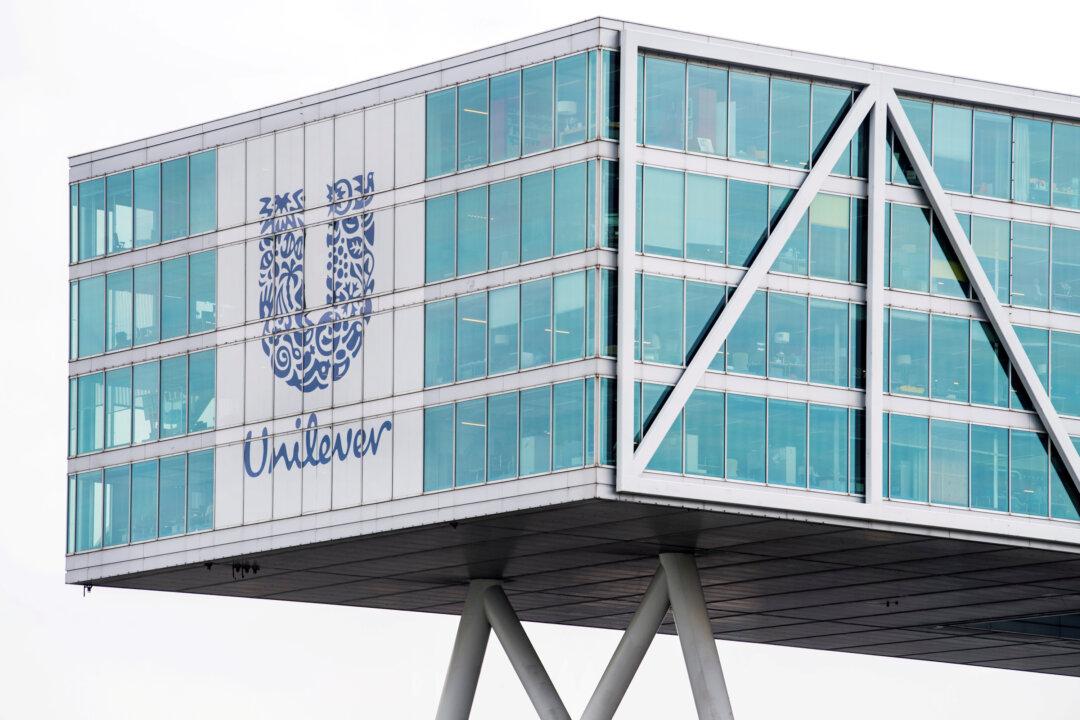A New Jersey state treasury official said on Wednesday it is set to divest $182 million in Unilever Plc. stock and bonds held by its pension funds over the restriction of sales by the consumer giant’s Ben & Jerry’s ice cream brand in Israeli-occupied territories.
It is the latest action by a U.S. state challenging Unilever over Ben & Jerry’s move in July to end a license for its ice cream to be sold in the Israeli-occupied West Bank. Ben & Jerry’s said selling its products there was “inconsistent with its values.”





